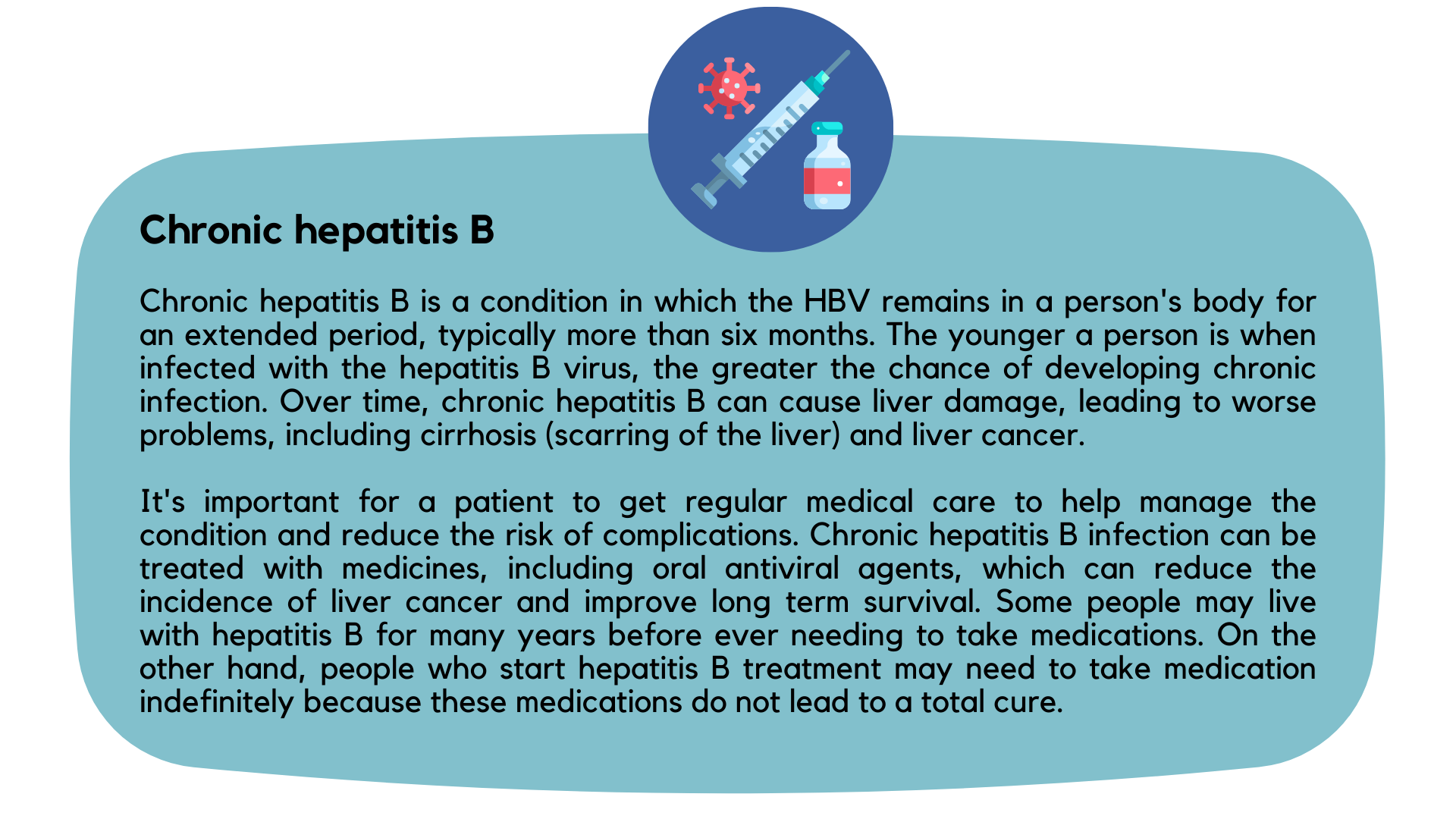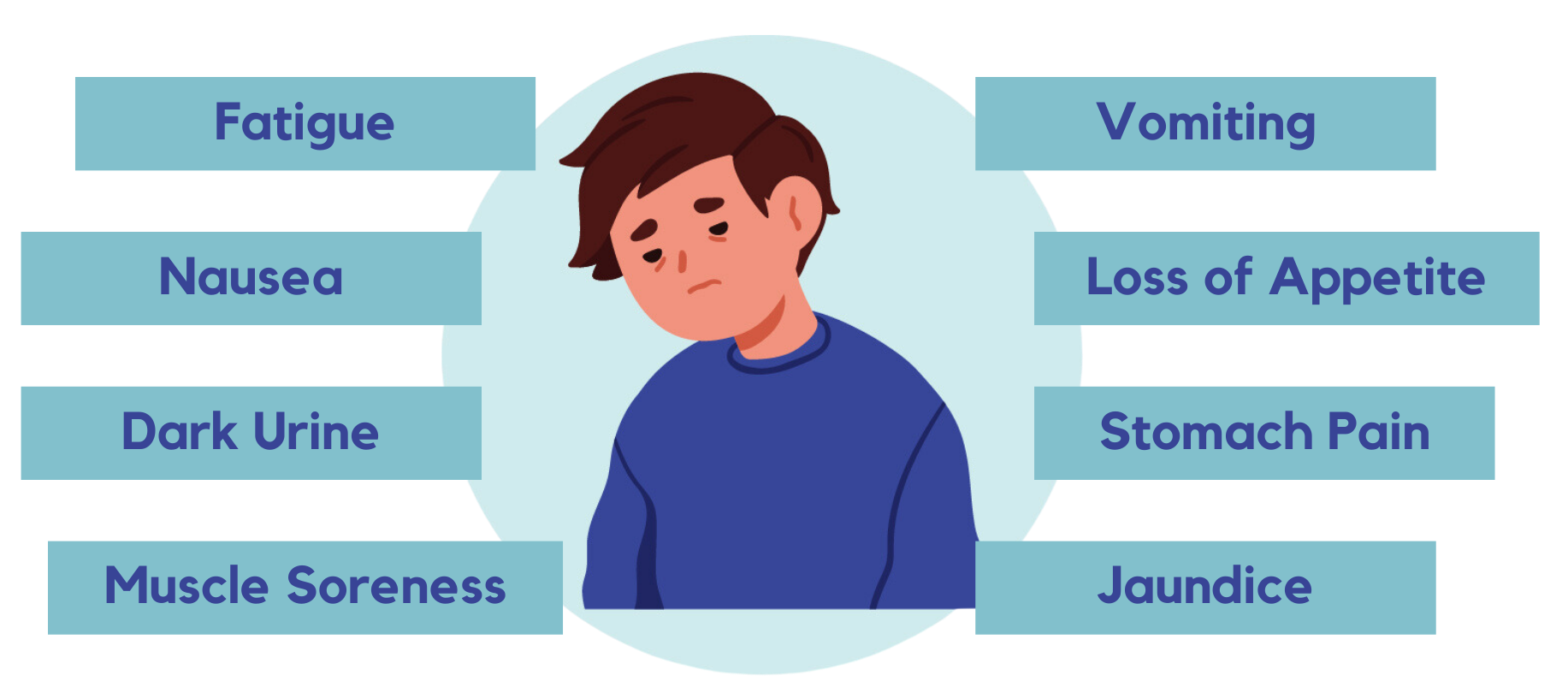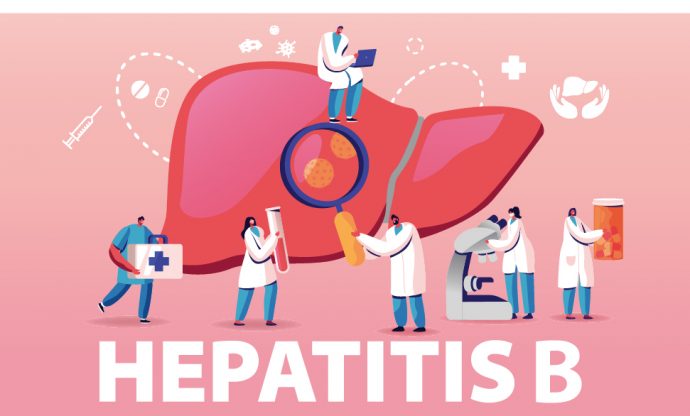In 2019, the World Health Organization estimated that 296 million people were living with chronic hepatitis B, a potentially life-threatening liver infection, with 1.5 million new infections each year. But what do we know about the disease?
Hepatitis B is a liver disease caused by the hepatitis B virus (HBV). Despite being a global health problem that puts people at risk of cirrhosis, liver cancer, and even death, it is possible for those living with hepatitis B to manage their condition and lead a healthy life. If you, your child or any of your family members have hepatitis B, it is important to learn about the disease to know exactly what you’re dealing with and how to prevent it from worsening.
How does hepatitis B spread?
Hepatitis B spreads through contact with infected blood or other bodily fluids. Most commonly, it is transmitted from a mother with hepatitis B to her baby during childbirth. It can also spread through unprotected sex with an infected person and through sharing needles or personal items that may have come into contact with infected blood or bodily fluids. It is important to know that hepatitis B does not spread by coughing, sneezing, hugging, cooking and sharing food.

What if my child has hepatitis B?
If your child has hepatitis B, it’s important to get early medical care. The severity of hepatitis B can vary from person to person. Most babies and children may have mild or no symptoms since they are still in the immunotolerant phase, where the virus is present but the body doesn’t mount any immune response to the replicating virus. However, if the infection persists, these symptoms may start to appear:

A child with chronic hepatitis B can lead a normal life but will need regular medical monitoring. Monitoring includes serial ultrasound screenings to potentially detect liver cancer at early stage (if it happens) and liver function tests, where abnormal liver parameters may indicate that patients are entering the immunoactive phase.
At this phase, destruction of liver cells due to self-immune response may take place. Treatment may need to be started at this stage to help control the virus and prevent liver damage. As a precaution, other family members should also be tested and vaccinated.
How to prevent hepatitis B?
Prevent hepatitis B infection by practising these measures:
- Get vaccinated: Vaccination is the best way to prevent hepatitis B. In the National Immunisation Programme, a single dose of HepB vaccine is given at birth, then as part of the 6-in-1 vaccine at 2, 3, 5 and 18 months. Protection lasts at least 20 years and is probably lifelong. The HepB vaccine is also recommended for older children and adults who are at risk of hepatitis B infection, while the HepA vaccine is recommended for people with chronic hepatitis B. It is also highly recommended to check the antibody level periodically, especially for individuals living with a chronic hepatitis B patient. If it is low, booster shots may be needed.
- Be careful with blood/bodily fluids: Avoid direct contact with blood and bodily fluids, and wash hands thoroughly with soap and water after any potential exposure. Cover all cuts and wounds properly. Discard sanitary napkins or tampons into plastic bags.
- Don’t share personal items: Especially items that may be exposed to blood and bodily fluids, such as razors, nail clippers, toothbrushes, earrings or other piercings.
- Be cautious when using needles: Make sure new, sterile needles are used for ear or body piercing, tattoos and acupuncture, and proper hygiene practices are in place.
- Practice safe sex: People with hepatitis B should use condoms during sexual activity to reduce the risk of transmission.
Hepatitis B typically manifests as a mild, short-term illness in the beginning. But it can significantly change one’s life forever if it turns into a chronic infection, which can lead to life-threatening health problems like liver disease or liver cancer. Young children and other high-risk groups are especially vulnerable. With vaccination and other measures, you can prevent your child and family from being infected with hepatitis B.



Comments